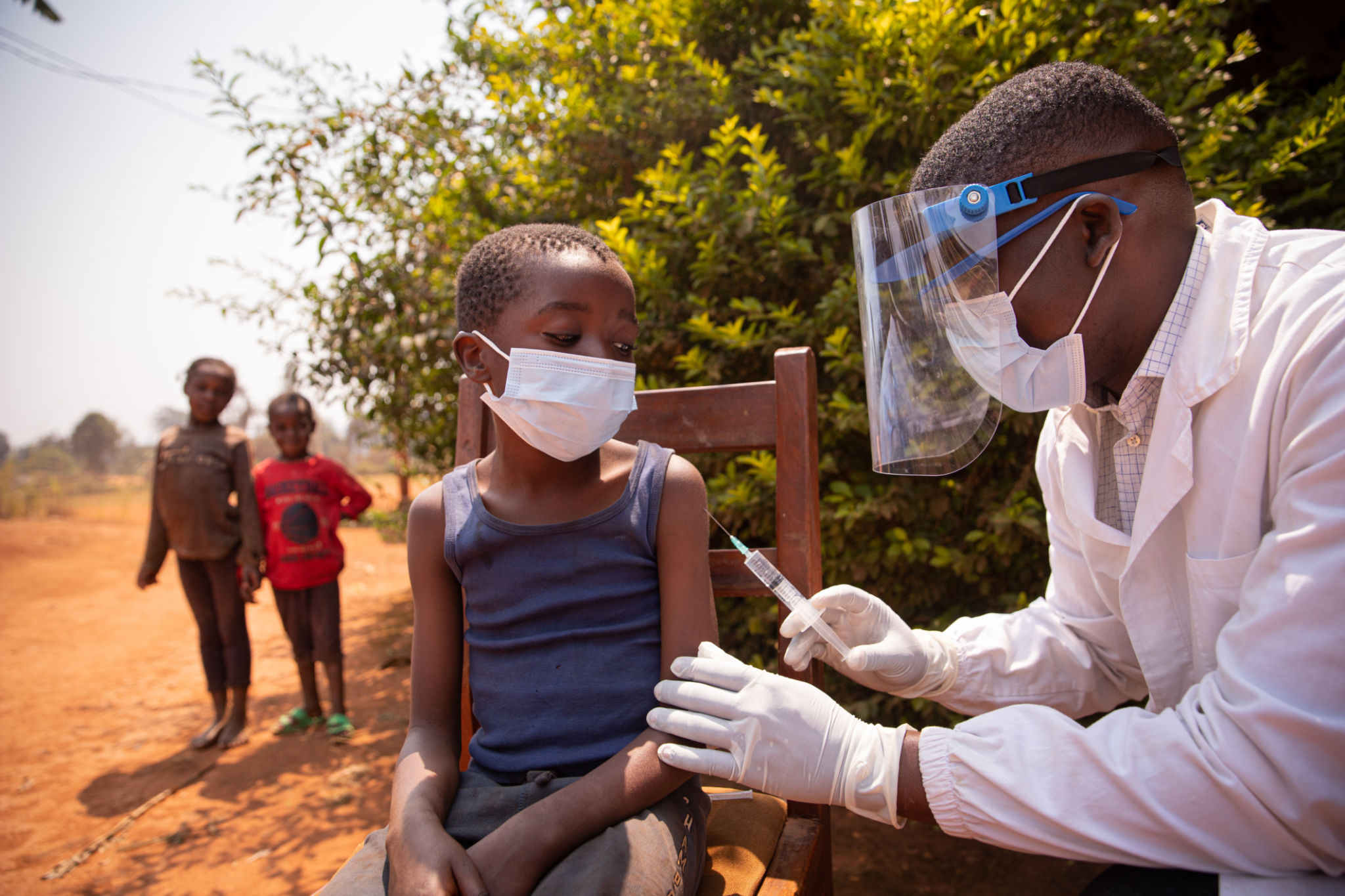Myths and Facts About Public Health in Africa
PH
Understanding Public Health in Africa
Public health is a critical component of any society, focusing on the health and well-being of populations rather than individuals. In Africa, a continent rich in cultural diversity and history, public health faces unique challenges and opportunities. Despite significant progress, various myths persist about public health in Africa, which can cloud understanding and hinder effective interventions.

Myth 1: Africa is a Homogeneous Entity
A common misconception is that Africa is a single, homogenous entity. In reality, Africa is a vast continent comprising 54 countries, each with its own distinct cultures, languages, and health challenges. Understanding the diversity within Africa is crucial for designing effective public health strategies that are culturally appropriate and region-specific.
Public health issues can vary significantly from one region to another. For instance, while some areas may struggle with infectious diseases, others may face challenges related to non-communicable diseases or malnutrition. Tailoring health interventions to the specific needs of each community is essential for success.
Myth 2: Infectious Diseases Are the Only Concern
While infectious diseases like malaria, HIV/AIDS, and tuberculosis have historically been significant public health concerns in Africa, it is a myth that they are the only issues facing the continent. In recent years, there has been a noticeable rise in non-communicable diseases (NCDs) such as diabetes, cancer, and cardiovascular diseases.
The increasing prevalence of NCDs is attributed to various factors, including urbanization, lifestyle changes, and increased life expectancy. Public health initiatives must now balance efforts to combat infectious diseases with strategies to address the growing burden of NCDs.

Myth 3: Public Health Efforts Are Ineffective
Another myth is that public health initiatives in Africa are largely ineffective. This misconception ignores the numerous success stories and the significant progress made in many areas. For example, substantial strides have been made in reducing child mortality rates and improving access to clean water and sanitation.
Moreover, vaccination programs have successfully curtailed the spread of diseases such as polio and measles. These achievements demonstrate that with adequate resources and community engagement, public health efforts can yield substantial positive outcomes.
Fact: Community Engagement is Key
An undeniable fact about public health in Africa is the importance of community engagement. Successful health interventions often rely on the active participation of local communities. This includes educating individuals about health practices, involving community leaders in planning efforts, and respecting traditional knowledge and practices.

Community-based approaches empower individuals and foster a sense of ownership over health initiatives. This not only enhances the effectiveness of public health programs but also ensures their sustainability over the long term.
Fact: Innovation Drives Progress
Innovation plays a crucial role in advancing public health in Africa. From mobile health technologies that improve access to care in remote areas to innovative financing models that increase healthcare funding, technological and strategic advancements are driving significant improvements.
For example, the use of mobile phones for health education and disease surveillance has transformed the way healthcare is delivered in many regions. These innovations not only improve efficiency but also expand the reach of essential health services to underserved populations.
In conclusion, understanding the myths and realities of public health in Africa is essential for fostering effective policies and interventions. By debunking misconceptions and highlighting the diverse challenges and successes, we can better appreciate the dynamic landscape of public health on the continent.